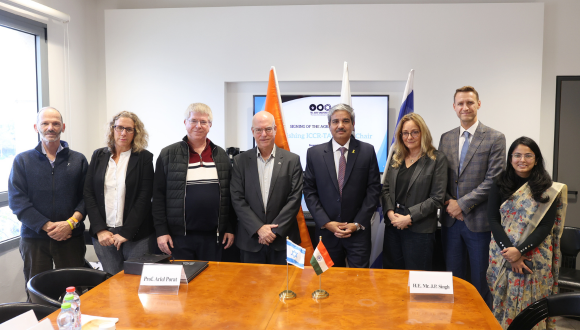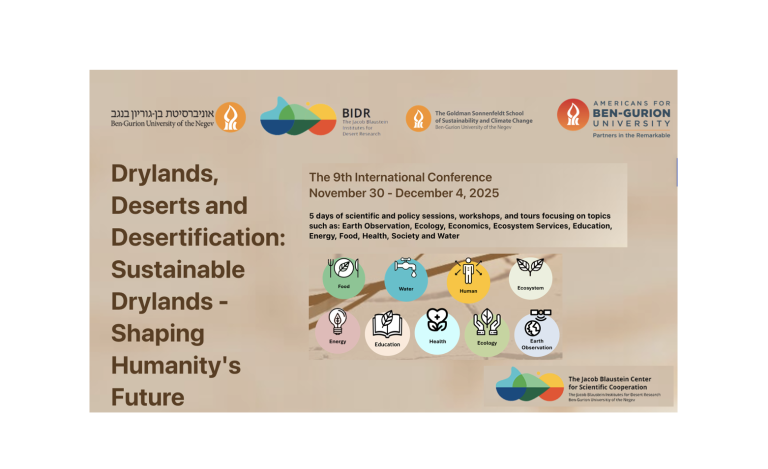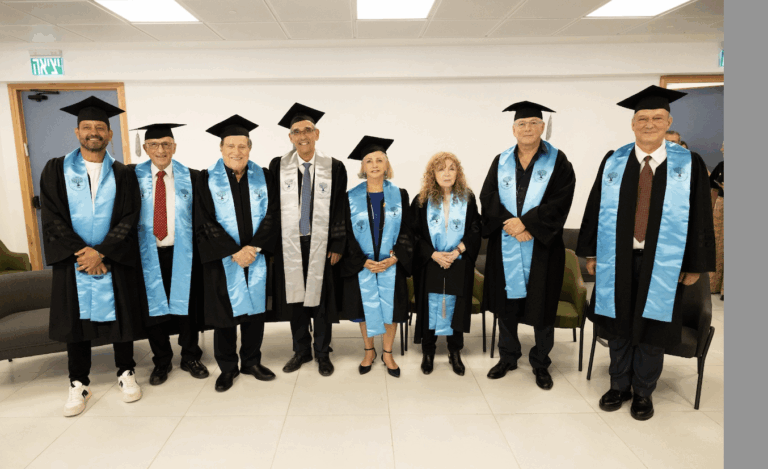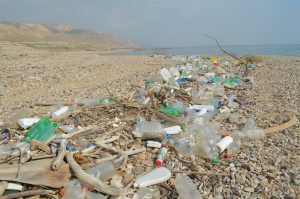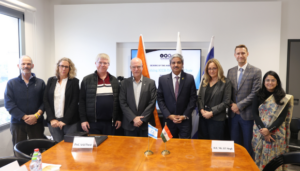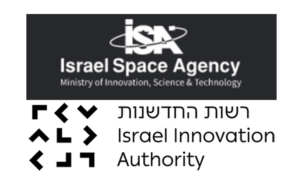Lessons Madagascar Can Learn from Israel’s Water Policy

Madagascar wrote a fundamentally new Water Code in 1998. It focused on maximizing the number of people with ac-cess to clean water through a process of decentralized water management and cost recovery. This paper is concerned with the policy problem this presents at the community level—is Malagasy water law the best possible for the country? Combining community-level focus group studies and policy analysis, this study examines Malagasy water policy shifts focusing on localization of water governance to parallel localization efforts in Israel. This study concludes that Mada-gascar’s water policy is flawed. Using a case study from the arid south this study explores the impact of these alterna-tives to ineffective state-centric policies. Comparing to Israel’s policy process this study finds that the Malagasy policy process has not been a process at all, the institutions are not in place, and the requisite levels of investment are not forthcoming. Rather than empowering communities as stewards of their own resources, community level management has been undermining effective governance by allowing the state to recede, and minimizing economic resources, while ignoring local capacity, local will, and increasing local water poverty.
Publication : Journal of Water Resource and Protection, 2012

